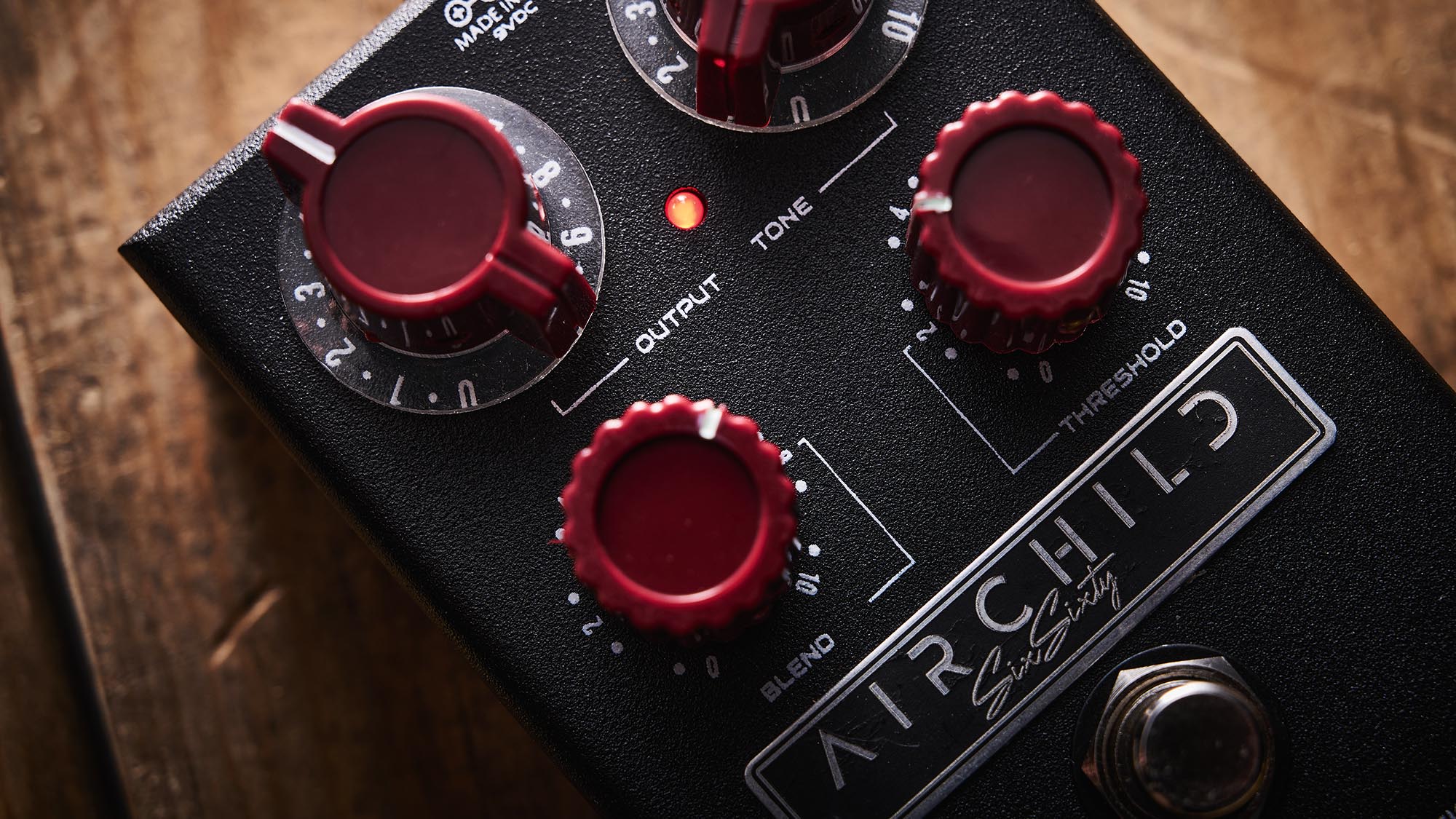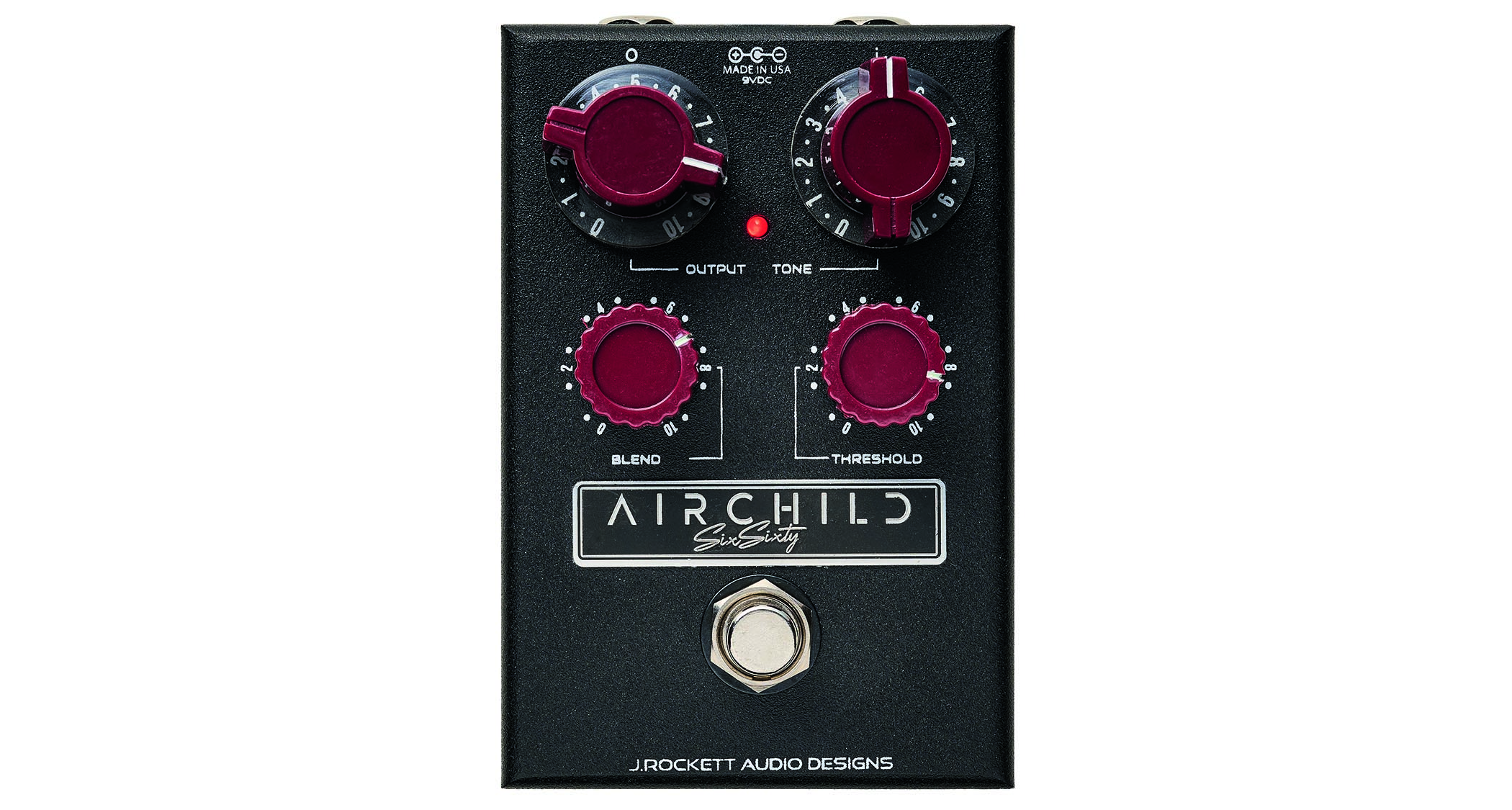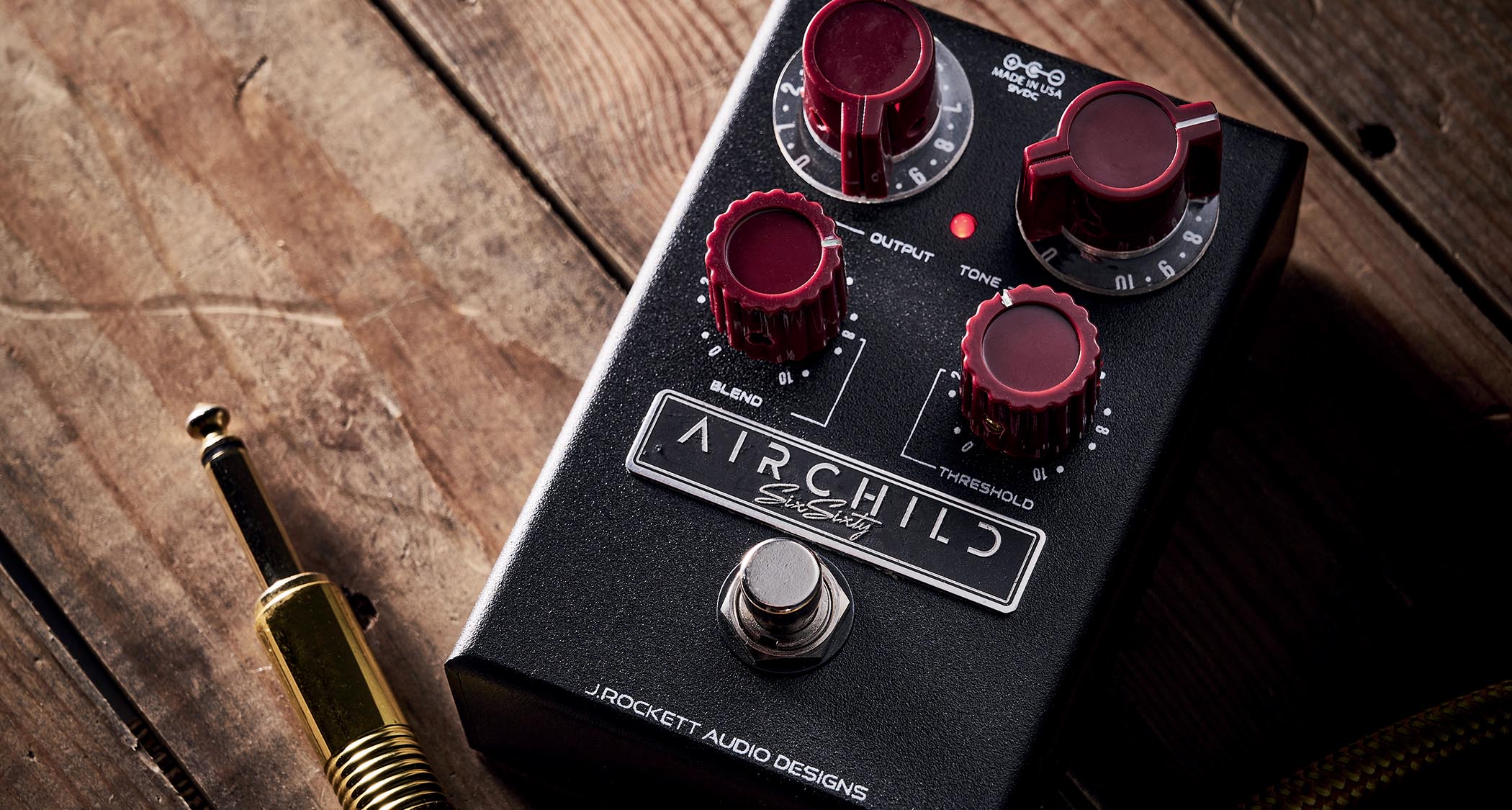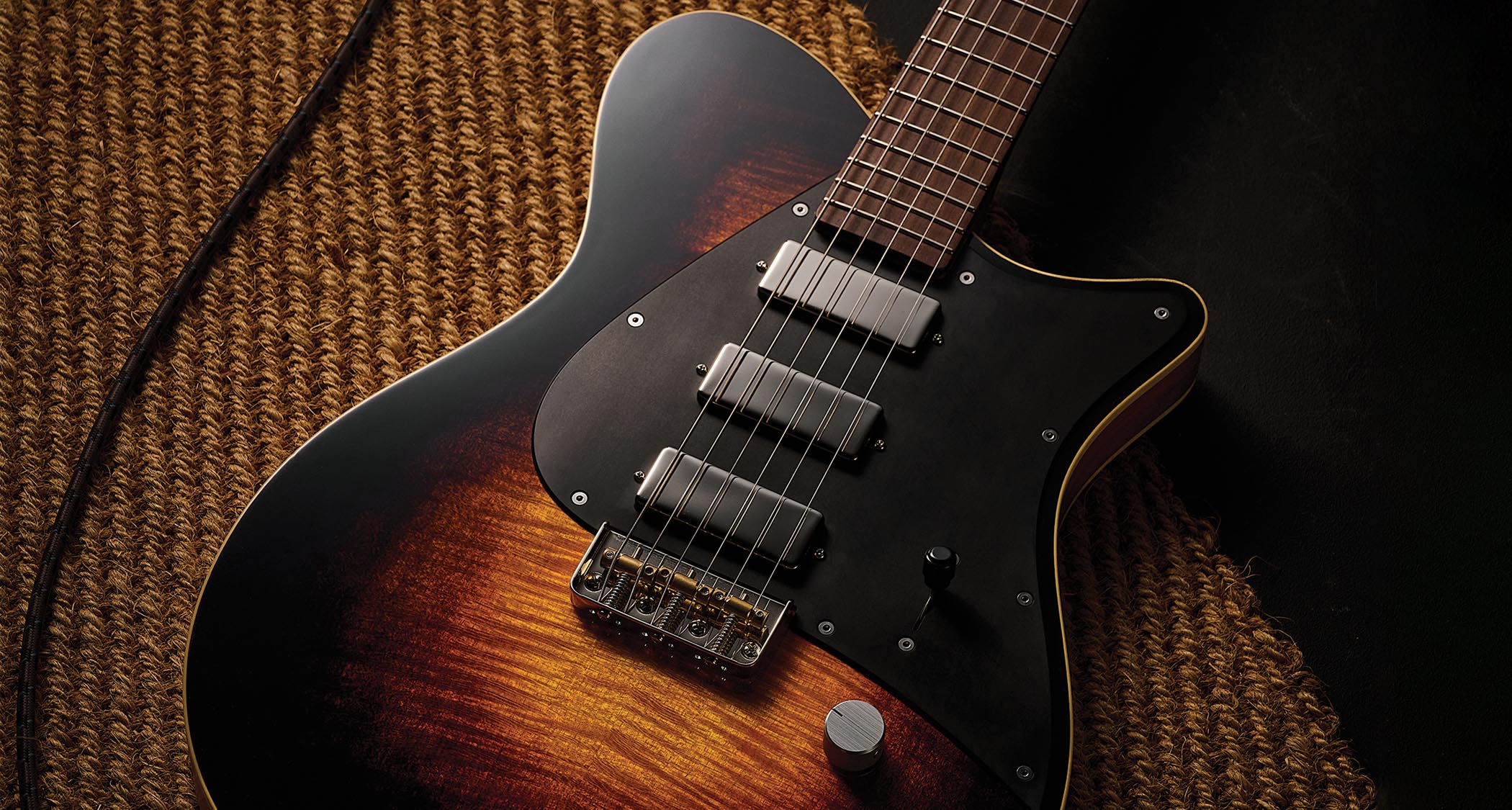Guitar World Verdict
We didn’t have a Fairchild 660 lying around to compare it to, of course, so we can’t comment on how close to one the Airchild sounds. But we can say that signal enhancement opportunities abound via a combination of compression, boost and EQ, making this is a quite excellent pedal for guitar sound and more than likely one that you won’t want to turn off.
Pros
- +
Solid build quality.
- +
Compact size.
- +
Quality compression.
- +
Dry blend control.
- +
Effective EQ.
Cons
- -
Nothing to see here!
You can trust Guitar World
The Fairchild compressor was designed in the 1950s and is still in use in top-flight professional studios these days (Abbey Road has several). In fact, it may just be the most highly regarded compressor ever made.
The 660 (single-channel) and 670 (twin-channel) Fairchild units are large, intricately engineered boxes that are full of many valves and transformers, although that hasn’t daunted J Rockett, who describes its Airchild 660 – a stompbox barely big enough to contain a single valve or transformer! – as a sonic interpretation of the famous compressor.
The Airchild’s four-knob interface offers plenty of flexibility, but it’s really easy to dial in. Compression is increased by turning the Threshold knob, which is interactive with an Output knob that has plenty of capacity for building in a boost (with no or minimal compression dialled in, the pedal can also be a great clean boost) and can bring in a touch of nicely organic grind at higher settings.
There’s plenty of compression range available, evening out the signal without overtly squashing the whole thing.

The pedal offers a very pleasant playing feel, with a natural ‘snap’ to the start of a note on full compression settings, although the Blend knob’s ability to mix in a proportion of dry sound can let your natural attack come through while the note benefits from the compression’s thickness and sustain.
Juxtaposition of these knobs yields an array of playable tones, but the star turn is the Tone knob, with a ‘tilt’ EQ delivering an increase in treble and decrease in bass as you turn it to the right of its central detente position, with the opposite effect to the left.
This can not only compensate for any tonal change brought on by heavy compression, but it can also brighten up or tone things down in a very musical way; to the right, it’s perfect with cranked compression for some Byrds or Tom Petty 12-string jangle. Any clean tone would benefit from some Airchild tonal enrichment.
All the latest guitar news, interviews, lessons, reviews, deals and more, direct to your inbox!
Specs

- PRICE: $229/£239
- ORIGIN: USA
- TYPE: Compressor pedal
- FEATURES: True bypass
- CONTROLS: Output, Tone, Blend, Threshold, Bypass footswitch
- CONNECTIONS: Standard input, standard output
- POWER: 9V DC adaptor (not supplied) 20mA
- DIMENSIONS: 70 (w) x 108 (d) x 50mm (h)
- CONTACT: J. Rockett Audio Designs
Trevor Curwen has played guitar for several decades – he's also mimed it on the UK's Top of the Pops. Much of his working life, though, has been spent behind the mixing desk, during which time he has built up a solid collection of the guitars, amps and pedals needed to cover just about any studio session. He writes pedal reviews for Guitarist and has contributed to Total Guitar, MusicRadar and Future Music among others.


